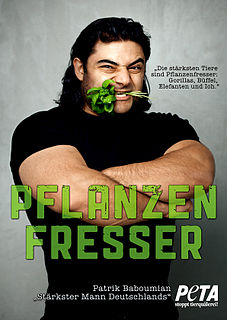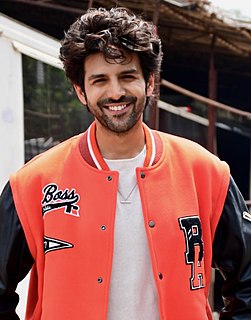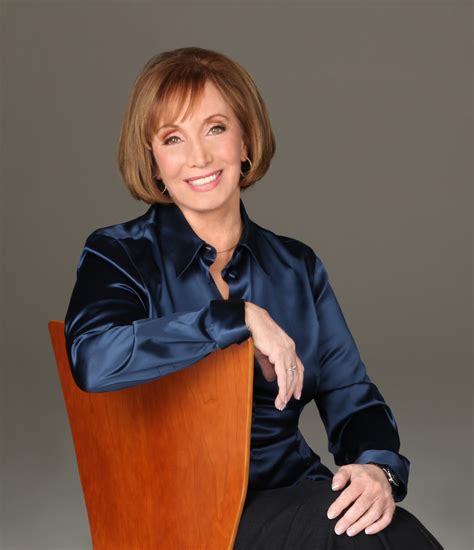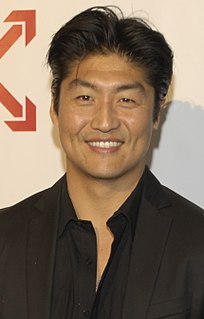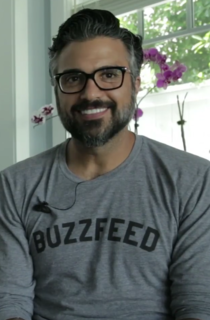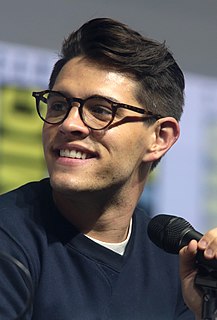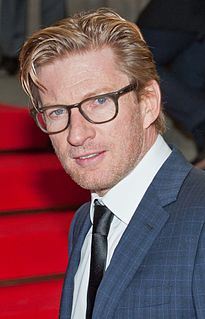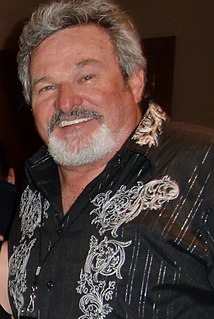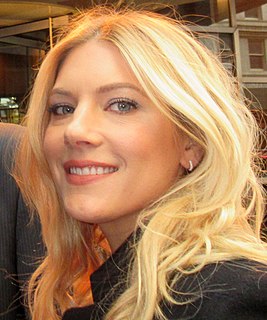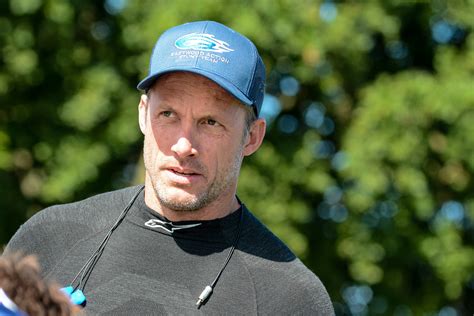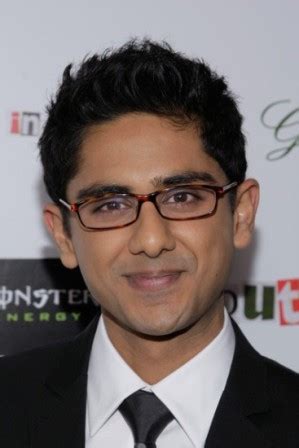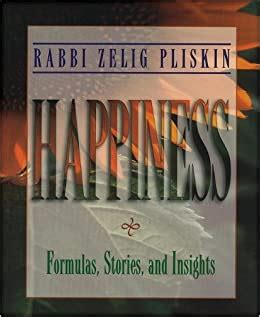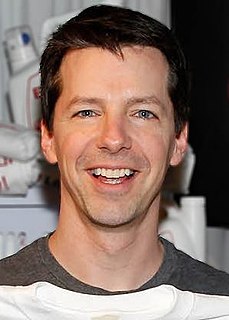Top 1200 Weakness Of Character Quotes & Sayings - Page 5
Explore popular Weakness Of Character quotes.
Last updated on December 20, 2024.
Strength must build up, not destroy. It should outdo itself, not others who are weaker. Used without responsibility, it causes nothing but harm and death. I can lift the heaviest weights, but I can not take the responsibility off my shoulders. Because the way we use our strength defines our fate. What traces will I leave on my path into the future? Do we really have to kill in order to live? My true strength lies in not seeing weakness as weakness. My strength needs no victims. My strength is my compassion.
Every man has a weakness," he patiently explained. "I'll find theirs, I promise you." "Every man?" "Yes," he answered emphatically. His hand moved to the back of her neck. Twisting her curls around his fist, he jerked her head back. His face loomed over hers, his breath warm and sweet as he stared down into her eyes. "What is your weakness, Brodick?" she asked. "You.
Character is just another word for having a perfectly disciplined and educated will. A person can make his own character by blending these elements with an intense desire to achieve excellence. Everyone is different in what I will call magnitude, but the capacity to achieve character is still the same.
I'm very much into the costuming of any character that I portray and it's one of the great things about making movies is it's a collaborative art form so you get all these artists who are looking specifically about for this instance your character's costume and what that might tell about your character.
Not every character that you play is going to be somebody that you like or love, but every character that you play has a story that is worth telling. If you're not the person to tell it, that's one thing. But if you don't want to tell it because you are afraid of the unpopularity of the character, I view that as a missed opportunity.
The ability to stretch my range into all genres and characters is something I take great pleasure in doing. I thoroughly enjoy it. I consider myself a character actor, though some think of me as a leading man. As an actor, I love shifting gears from character to character, and the more range I can expand, the better.
And, for any performer, to be able to go deep into character is fantastic. In film you only get to do that if you're the leading character. But in television you get 18 hours to really test the audience and take them to the edge of how far they will go with this character. I can step over this line and I love that.
The script that I fell in love with and adored was 'Jane the Virgin'... but every line in the pilot was essentially, 'Why did you keep my daughter a secret all of these years?' I didn't know any direction my character was going - was it going to be a dramatic character, a comedic character? - I didn't know.
The desire to criticise becomes less and less as the character is developed. It is the mark of a ?ne character never to be critical and to mention but rarely the faults of others. A strong character does not resist evil, but uses their strength in building the good. They know that when the light is made strong, the darkness will disappear of itself.
There's different ways of getting into character. There's what's called 'the outside,' in which is finding the physicality of the character first. To give an example, in 'Gettin' Square' - Johnny Spitieri - that's how I found that character. I knew those people that I'd seen up at Kings Cross. I knew how they sounded.
The weak are not a noble breed. Their sublime deeds of faith, daring, and self-sacrifice usually spring from questionable motives. The weak hate not wickedness but weakness; and one instance of their hatred of weakness is hatred of self. All the passionate pursuits of the weak are in some degree a striving to escape, blur, or disguise an unwanted self. It is a striving shot through with malice, envy, self-deception, and a host of petty impulses; yet it often culminates in superb achievements.
In novels you're able to occupy character's internal thoughts and it's really hard to do in a film or a TV show. When you're reading a character's thoughts or when it's in first person, you're reading kind of their own story, so you have the opportunity to see what makes that character complex or complicated. And to me that's what the whole point of fiction is.
Growing up I couldn't always get involved with the activities with all the other kids because if I overworked my body it would trigger my pain. There were definitely times growing up, where other kids wanted to challenge me; they wanted to see if they could push my buttons and see if I could fight or what have you. Taking my kindness for weakness or taking my quietness and laid-back style for weakness. I've been dealing with that for basically all my life.
If you think of even Tolstoy or a book like 'Anna Karenina,' you go from character to character, and each section is from the third person perspective of a different character, so you get to see the whole world a little more kaleidoscopically that way. That's traditional narrative manner, and I haven't done a book like that before, but I enjoyed it.
An entirely new factor has appeared in the social development of the country, and this factor is the Irish-American, and his influence. To mature its powers, to concentrate its action, to learn the secret of its own strength and of England's weakness, the Celtic intellect has had to cross the Atlantic. At home it had but learned the pathetic weakness of nationality; in a strange land it realised what indomitable forces nationality possesses. What captivity was to the Jews, exile has been to the Irish: America and American influence have educated them.
Your character is your destiny. Building character is a task for the brave and dedicated. There are no shortcuts when it comes to building character. If you wish to cure minimalism in your own life, to develop a complete commitment to excellence and an absolute rejection of mediocrity, the question you need to start asking yourself is, "What is the most I can do?"
Brains and character rule the world. The most distinguished Frenchman of the last century said: Men succeed less by their talents than their character. There were scores of men a hundred years ago who had more intellect than Washington. He outlives and overrides them all by the influence of his character.
Character grows in the soil of experience with the fertilization of example, the moisture of ambition, and the sunshine of satisfaction. Character cannot be purchased, bargained for, inherited, rented or imported from afar. It must be home-grown. Purely intellectual development without commensurate internal character development makes as much sense as putting a high-powered sports car in the hands of a teenager who is high on drugs. Yet all too often in the academic world, that's exactly what we do by not focusing on the character development of young people.
Understand and apply this vital principle to your life: Your exercise of faith builds character. Fortified character expands your capacity to exercise greater faith. Thus, your confidence in making correct decisions is enhanced. And the strengthening cycle continues. The more your character is fortified, the more enabled you are to exercise the power of faith for yet stronger character.
I don't only act out of my character; my character reacts to my actions. Each time I why, even if I'm not caught, I become a little bit more of this ugly thing: a liar. Character is always in the making, with each morally valenced action, whether right or wrong, affecting our characters, the people who we are.
You have a certain objectivity, as a member of the audience, and you can come away maybe being provoked into a certain discourse or a certain arena of questioning, regarding how you would deal with things that your character has to deal with. Whereas when you're doing a film, once you start asking, "What would I do?," you're getting the distance greater between yourself and the character, or you're bringing the character to you, which I think is self-serving, in the wrong way. The idea is to bring yourself to the character.
This curious faith is predicated on the notion that we will soon develop unlimited new sources of energy: domestic oil fields, shale oil, gasified coal, nuclear power, solar energy, and so on. This is fantastical because the basic cause of the energy crisis is not scarcity: it is moral ignorance and weakness of character. We don't know how to use energy or what to use it for. And we cannot restrain ourselves. Our time is characterized as much by the abuse and waste of human energy as it is by the abuse and waste of fossil fuel energy.
Destructive Failure: Reveals limitations and weakness, highlights your shortcomings and when not processed correctly, keeps you feeling inadequate and defective. Productive failure: Reveals limitations and weakness, highlights your erroneous thinking and when processed correctly, leads you to better options and keeps you dependent on the Lord.
My work sanitizes it (emotion) but it is also symbolic of commercial art sanitizing human feelings. I think it can be read that way.... People mistake the character of line for the character of art. But it's really the position of line that's important, or the position of anything, any contrast, not the character of it.
There is a fear of peace that I don't understand. Witness the old epithet "peaceniks," the association of peace with weakness. We mistake kindness for weakness in individuals, too. Gandhi found the essence of Christianity to be gentleness, the exaltation of means over ends. Using violence, against us or them, to achieve peace is like beating children to get them to be good. It only works in the short term. Believe in peace, think peace, live peace. Be a building-block of peace. Make it the center of your strength.
I learned a lot from Dick Wolf. I'll always remember playing that character because it was such a good character. It was great to be able to be a character like that for television. I think the thing that I'll bring from the whole experience, the whole 10 years, is I had never been interested in the television business before.

